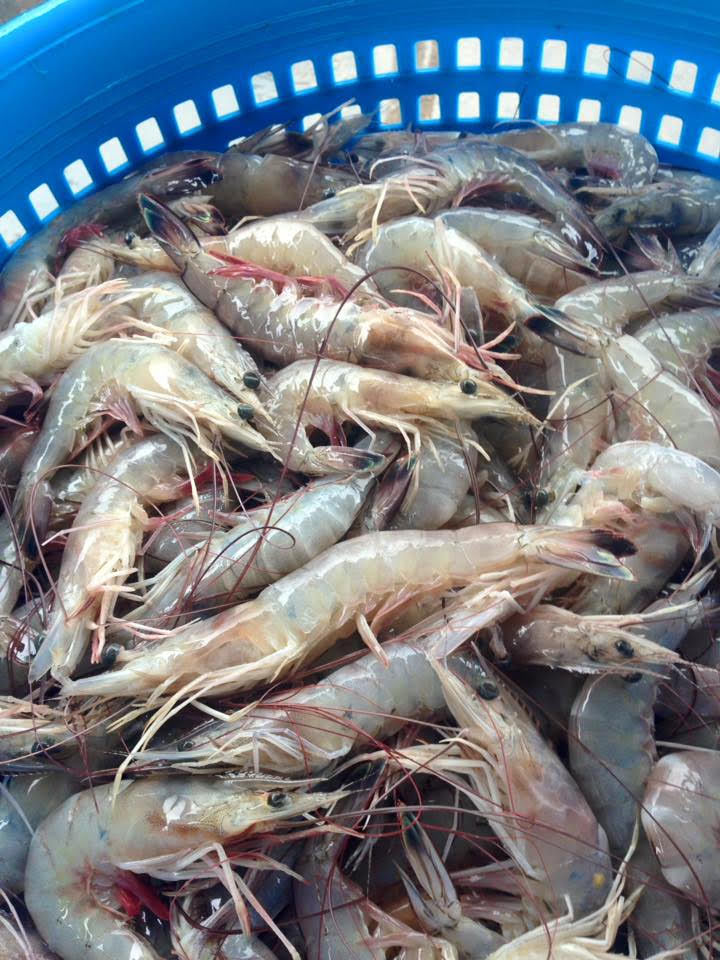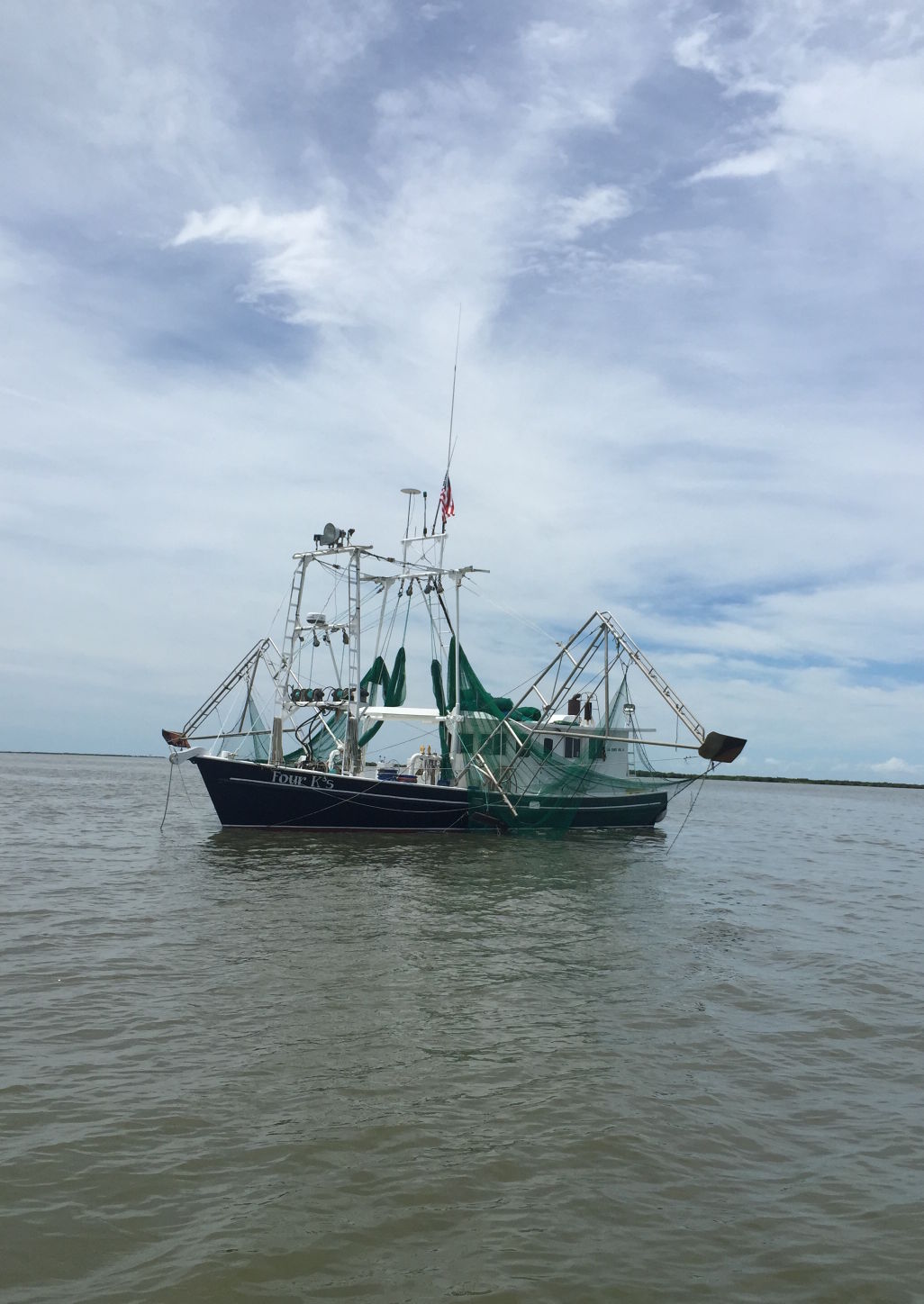
Shrimpers still feeling pain as August shrimp opening announced
August 7, 2018
Suspect charged with rape, incest
August 7, 2018WHAT IS A TARIFF?
A tariff is a tax imposed on goods that cross one nation’s borders from another. In the U.S. tariffs on goods from certain countries are paid by importers.
WHY DO THEY EXIST?
Tariffs are intended in many cases to protect domestic industries from what has been deemed unfair competition posed by other nations. Certain subsidies of industries and illegal actions such as dumping of products can trigger tariffs.
WHAT IS DUMPING?
Dumping is the export of goods at an artificially low price, often below the cost of actual production. Its effect is damage to the competitive footing of the domestic product.
HOW ARE U.S. TARIFFS CREATED?
Petitions are filed by attorneys for the injured U.S. industry with the International Trade Commission. If injury is verified, the Department of Commerce performs an investigation. If the findings support the action, a tariff is determined and then enforced by U.S. Customs and Border Protection. The petition process is lengthy and expensive. Another route is for presidential declaration of tariffs, which does not require a petition by industry or investigation by Commerce or the ITC.
AREN’T THERE TARIFFS ON SHRIMP ALREADY?
Yes. In 2004 the U.S. shrimp industry was awarded — at great expense — tariffs on shrimp from China, Vietnam, Brazil, Ecuador, India and Thailand. During ensuing years some tariffs were dropped or altered. Many continue in force, however.
WILL TARIFFS HELP U.S. SHRIMPERS?
The answer supplied by trade experts is yes. And also no. While tariffs can increase the price of shrimp in domestic markets, they contain loopholes that importers and exporters readily exploit, both legally and illegally. In the worst-case scenario shrimp from a nation subject to tariffs may be sent to a nation not subject to tariffs and packaged there, thus evading U.S. tariffs when the product reaches this country’s borders.
ARE THERE OTHER COMPLICATIONS?
Yes. Tariffs in place or modified since 2004 cover warm-water shrimp that has been canned or frozen in its raw state. They generally do not cover value-added products that are cooked or otherwise prepared in steps that go beyond harvesting and packing of raw product.
HOW ELSE ARE TARIFFS CIRCUMVENTED
Importers can switch what nations they buy their shrimp from. Only a handful of countries are subject to tariffs. Nearly 50 countries world-wide produce shrimp. As mentioned, some of those nations may actually be selling shrimp that come from tariffed nations.
HOW ARE THE TRUMP TARIFFS DIFFERENT?
Presidentially ordered tariffs can be imposed essentially with the stroke of a pen. The president’s burgeoning trade war is with China, which is only one producer.
WHO GETS THE TARIFF MONEY?
When tariffs on shrimp were awarded in 2004 a law was in effect — referred to as the “Byrd Amendment” — that required tariffs on a product to be paid over to shrimpers, processers and docks dependent on the amount of injury they could prove. The law was declared invalid by the World Trade Organization as an unfair practice and Congress eventually repealed it. Money from tariffs now goes into the general U.S. treasury.
HOW ELSE CAN SHRIMPERS OVERCOME TRADE PROBLEMS?
The low cost of much imported shrimp has been proven to injure the U.S. industry, consisting not only of fishermen but also docks and processors. The U.S. Senate recently passed an amendment to a commerce bill that requires stepped-up testing of overseas shrimp for antibiotics banned in the U.S. However, the U.S. allows a “threshold amount” of banned substances rather than stop products containing any trace at all to come into the country. Shrimpers have turned to direct sales of their product to consumers, restaurants and other customers at a price greater than might be paid by docks or processors. Innovative marketing is still seen as a direct way for shrimpers to achieve greater potential from their catches.
—











